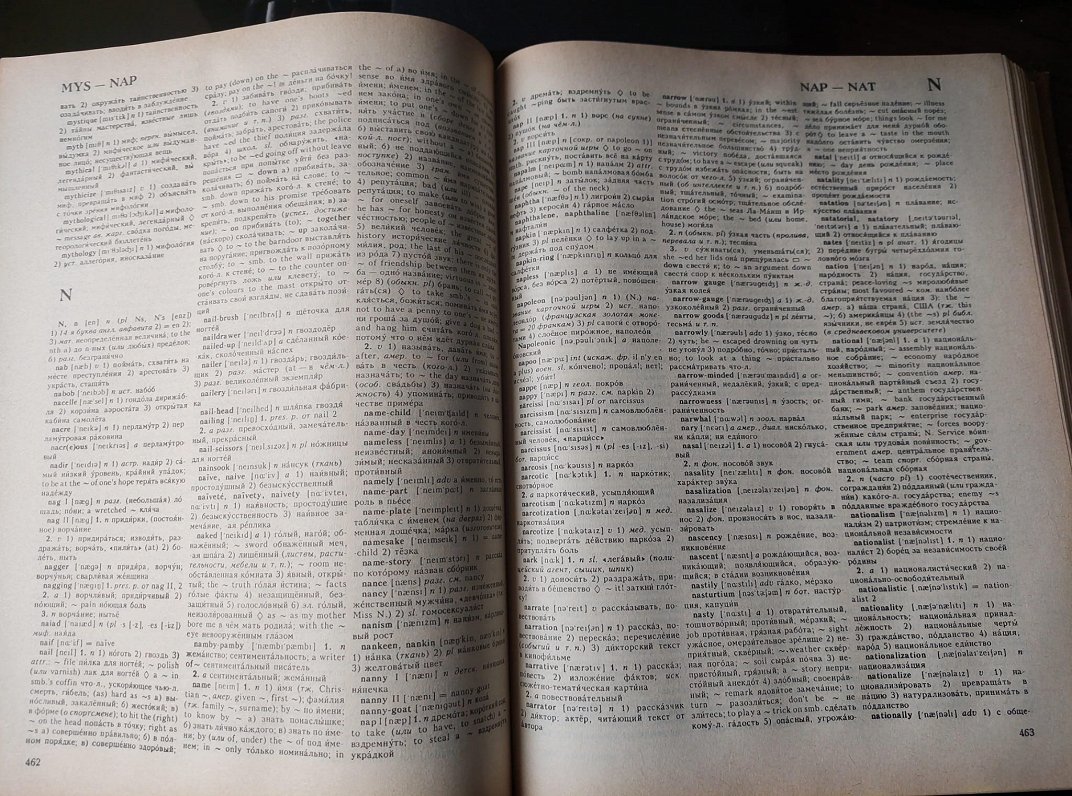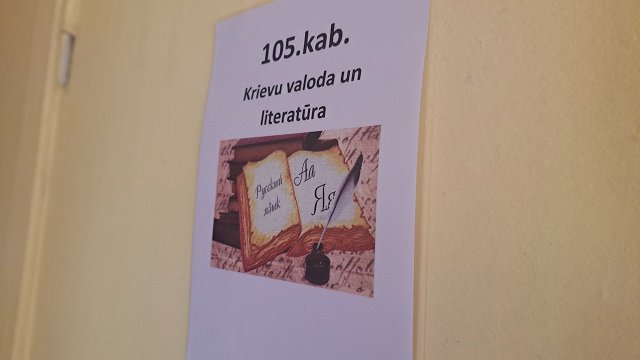The Saeima press service said if a pupil refuses to learn Russian language until June 21 this year, they will be able to choose another foreign language in the new school year. It is not known though where to get other language teachers if the school does not have such.
The aim of the law is to implement the transition to a second foreign language in schools in one of the official languages of the European Union, the authors of the bill say.
Following the war launched by Russia in Ukraine, public attitudes towards Russia as a whole have also changed, including the desire to learn Russian, as evidenced by parents' submissions to the Ministry of Education and Science and schools asking schools to provide one of the languages of the European Union as a second foreign language.
Almost half of Latvian schools teach Russian as a second foreign language. Some educational institutions do not offer an alternative to learning Russian.
At the beginning of last year, the Ministry of Education and Science conducted a survey on ensuring the choice and acquisition of a second foreign language in 315 Latvian schools. Of the 307 schools that completed the survey, 252 do not provide students with the choice to learn one of the official languages of EU countries as a second foreign language during the primary education phase. 135 schools stated that this is due to the lack of teachers, while 129 schools have historically offered only Russian.
According to the Ministry, “due to a significant increase in demand for EU languages”, as well as due to the decrease in the importance and use of the Russian language, it received submissions from several parents asking schools to provide one of the EU languages as a second foreign language.































